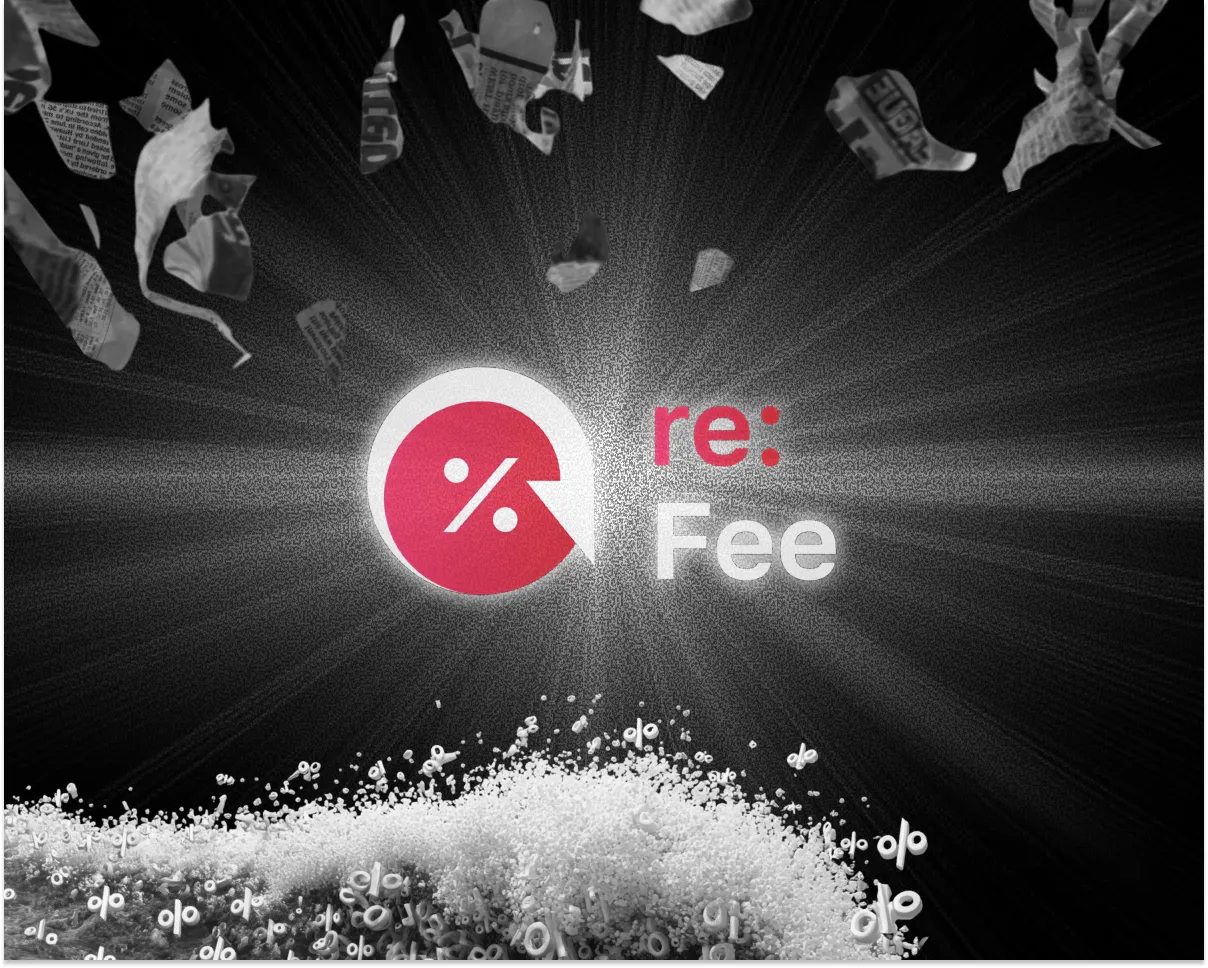
Fundamental debates in the Bitcoin community have revived with the emergence of Bitcoin Ordinals. The debate is whether or not to develop on the Bitcoin blockchain.
Developing new applications on the Bitcoin blockchain will benefit from leveraging the most secure, resilient and liquid network available for Web3 development. From social networks to financial services, Web3 applications are moving the most sensitive, everyday touchpoints to trustless systems.
Eliminating centralized control means that the underlying systems of Web3 applications must be as stable and reliable as possible.
Bitcoin advantage
For many years, Bitcoin (BTC) was seen only as a currency and a store of value.
But for more than a decade, the Bitcoin blockchain has proven to be an ideal foundation for Web3 as the most stable, reliable, and most economically viable blockchain. Neglecting to develop on Bitcoin is giving up applications that are key to the network that has the potential to make the Internet, and indeed the world at large, a better place.
Bitcoin’s level of decentralization, not found in other cryptocurrencies, translates directly into tamper resistance. Only attacks that take more than 51% of the computing power of the network are capable of stealing or reversing transactions. And the prohibitive cost of acquiring that much computing power makes such an attack nearly impossible.
Bitcoin is the cryptocurrency of choice to lead the future of money and serve broadly as a vehicle for global commerce. In addition to being the most diversified, it is also the most liquid crypto asset, with a current market capitalization of over $500 billion (approximately 68 trillion yen, equivalent to 136 yen to the dollar). It also has the highest network effect. That means there are more Bitcoin holders than any other cryptocurrency.
Developing new applications on the Bitcoin blockchain, whether it’s facilitating digital assets, DeFi (decentralized finance), or DAOs (decentralized autonomous organizations), will benefit from Bitcoin’s network effects and It will support the further spread of Bitcoin.
Bitcoin’s liquidity is the highest of any cryptocurrency, including Ethereum (ETH), which is especially important for DeFi, which rests on a liquidity pool. The more liquid a protocol has, the more suitable it is for financial use cases.
Bitcoin also has a distinct advantage of an established and historic position in the market. Its high safety, scarcity and liquidity means that it cannot be replaced by other crypto assets as a store of value. In short, Bitcoin’s theoretical value proposition of a currency network designed to last forever has been achieved.
Furthermore, unlike other crypto assets, Bitcoin is immune to enforcement action by the U.S. Securities and Exchange Commission (SEC) and other regulators. This is at least partly due to complete and provable decentralization. People may speculate in Bitcoin as they do with other cryptocurrencies, but no single entity benefits most from its widespread adoption and use.
Rival status
However, the Ethereum blockchain has effectively become the “place of choice” for Web3 application development.
The main reason for this is that the Ethereum blockchain has natively supported flexible smart contracts, which Bitcoin lacks due to its limited programmability.
That said, these aspects of Bitcoin are a feature, not a bug, in supporting DeFi and Web3 applications. Bitcoin was designed to support high volumes of sensitive and complex transactions, and the resulting high security and stability make it an ideal platform for Web3 application development.
Bitcoin has always been overlooked from the perspective of a network for developing new decentralized applications. As of late 2022, $35 billion of Ethereum’s $200 billion market cap was attributed to DeFi.
By contrast, of Bitcoin’s $400 billion market cap, there are four major Layer 2 scaling systems aimed at running more complex applications: Liquid, RSK, Lightning and Stacks. It has a market capitalization of just over $550 million.
Additionally, Ethereum attracted the most developers of any crypto ecosystem in 2022. It had an estimated 5,819 developers, 2.8 times the 946 of second-place Bitcoin. According to a report by Electric Capital, Bitcoin will triple the number of monthly active developers in 2022, while the number of developers for Polygon, Polkadot and Solana will increase fivefold. .
A culture that hates change
In light of this, the major hurdles to harnessing the power of Bitcoin for broader Web3 applications are cultural rather than technical.
Resistance to innovation is common in the Bitcoin community. The main reason for this is a strong desire to purely pursue Satoshi Nakamoto’s original mission of making Bitcoin a peer-to-peer (P2P) digital currency.
The bitcoin community’s aversion to change and innovation has been “good” for the network in many ways. Bitcoin developers and fans continue to stubbornly adhere to the network’s core design and integrity, including the energy-intensive proof-of-work (PoW) consensus mechanism and token supply cap. .
But protecting the network’s basic characteristics has become, for some, at odds with unleashing its potential. Bitcoin was created as a payment system, but that doesn’t mean it should function only as a currency to the exclusion of all other possibilities.
Web3 strategies of major companies
Just as dollars are used to both produce and purchase goods, Bitcoin can be used to produce and purchase digital goods and services. Throughout history, currency has always supported the creation of items of expression and utilitarian goods.
Bitcoin has lagged behind other protocols in terms of smart contract development, but given its inherent strengths, as well as the new scalability potential that comes with the upgrade “Taproot,” decentralization It will easily outperform other protocols in type application development.
However, this will require active initiative within the Bitcoin community, as well as a concerted effort to onboard developers into the ecosystem.
Developments on the Bitcoin blockchain as a base layer for DeFi, payments, and NFTs will greatly increase the popularity and adoption of Bitcoin.
Major companies such as Starbucks, Amazon, and Salesforce are aiming to establish a “Web3 strategy.” These companies are choosing protocols like Ethereum and Polygon to build the infrastructure that will underpin their products reaching billions of people, and loyalty programs, NFTs, and more are becoming more popular with underlying crypto assets. will proceed.
While the altcoin network lacks the market dominance and decentralization of bitcoin, its strength lies in its investment in innovation that allows it to serve a vast array of consumer needs across the globe.
Still, the potential that comes from using Bitcoin to power Web3 is groundbreaking. The explosive growth of the Ordinals project in just a few months, with over 400,000 Ordinals issued in just a few weeks, highlights the high level of interest in digital assets on Bitcoin.
Leveraging technologies such as the Zero Knowledge Rollup (ZK Rollup) on top of Bitcoin can also create powerful ways to settle international transactions in a speedy and energy efficient manner. ZK Rollup, an experimental scaling model used in Ethereum, inherits blockchain-specific features such as immutability and settlement certainty, which are important in supporting decentralized finance with Bitcoin. can play a role.
Towards the future of Web3
Developed on Bitcoin, the Web3 platform will be the secure foundation that enables access to financial services for everyone in the world. In the Bitcoin-based Web3 future, anyone in the world with a Wi-Fi connection can connect through a fully digital and social economy enabled by Bitcoin as currency and productive capital.
Bitcoiners are already dreaming of ways to leverage Bitcoin applications to improve processes such as voting. Using smart contracts on top of Bitcoin for voting could reduce the opportunity cost of in-person voting and eliminate the mistrust that plagues modern politics, while providing greater transparency and security. have a nature.
Despite having a much better start than other cryptocurrencies, Bitcoin risks losing out to other protocols by not developing outside of financial use cases.
An atmosphere of anti-innovation discourages developers from developing on the Bitcoin blockchain, leaving developers with more rich and lucrative development opportunities on the Ethereum blockchain. We will continue to lose talented people to such protocols.
Do you want to rally to realize the future of Web3 based on Bitcoin, or risk wasting it by not realizing its full potential? It all depends on the Bitcoin community and developers.
Mr. Alex Adelman: Co-founder and CEO of Lolli, a shopping app that provides bitcoin redemption services.
|Translation and editing: Akiko Yamaguchi, Takayuki Masuda
| Image: Josh Olalde/Unsplash (edited by CoinDesk)
|Original: Web3 Should Be Built on Bitcoin
The post Web3 development should proceed with Bitcoin[Opinion]| coindesk JAPAN | Coindesk Japan appeared first on Our Bitcoin News.

 2 years ago
90
2 years ago
90














 English (US) ·
English (US) ·